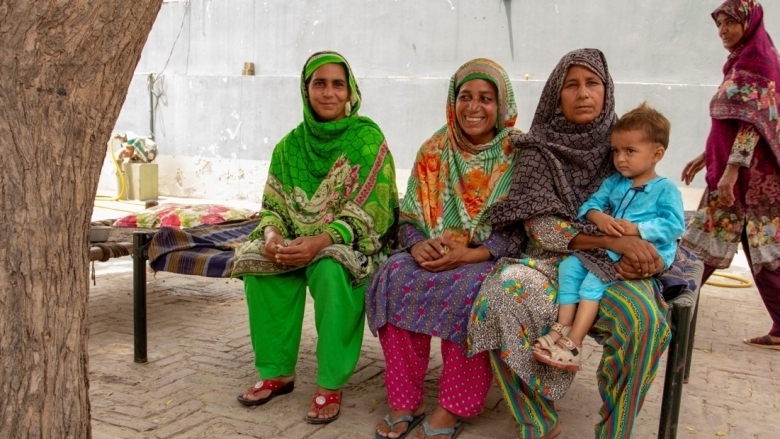Pakistan has made substantial progress in reducing poverty, and social protection programs have played an important role. However, a decade ago there was significant room for improvement. Less than 50 percent of expenditures reached the poorest 40 percent of the population in 2011. And poverty rates in rural areas were much higher than in cities.
It was against this backdrop that the IDA-supported Pakistan Social Safety Net Project was launched—which operated from 2009-17. The project focused on expanding and strengthening Pakistan’s flagship national safety net platform, known as Benazir Income Support Program (BISP).
Specific goals of the project included improving how benefits were targeted to eligible recipients, together with strengthening the management, accountability, and evaluation of the BISP. Central to these efforts has been the establishment of a National Socio-Economic Registry that hosts a database of more than 27 million households (about 167 million people). It is the first of its kind in South Asia. Its utility goes beyond the BISP, as some 70 organizations have leveraged the registry for their pro-poor social programs.
Notably, the BISP has placed an emphasis on making females the direct recipients of cash transfers. Scaling up digital payments has made benefits available to even the poorest women through branchless banking accounts. Over 15 million new female citizens have received benefits since the start of the BISP in 2008—a remarkable 70 percent increase overall in the number of women registered for cash transfers.
The investments made in the BISP and other social protection programs have played a critical role in Pakistan’s response to the COVID-19 outbreak.

